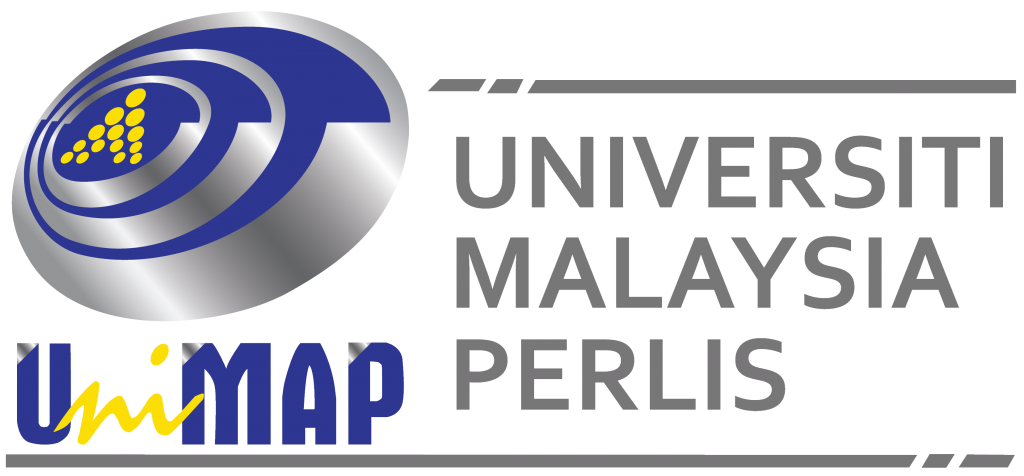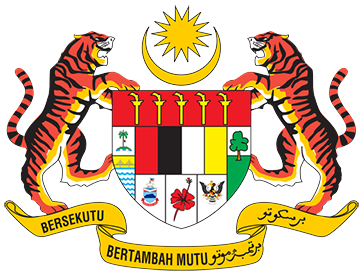Doctor of Philosophy (Mechatronic Engineering)
Doktor Falsafah (Kejuruteraan Mekatronik)
- Overview
- Subject
- Fees / Entry Requirement
The research at the Faculty of Electrical Engineering Technology addresses challenges ranging from basic research to global research demands. We encourage large-scale studies and a flexible approach to interdisciplinary collaborations with other academic institutions and members of the industry in order to tackle the wider range of issues facing our society and the natural world.
Students conduct research under the supervision of academic supervisors and prepare a thesis for complete fulfilment of the graduation requirements. The fields of specialization and research areas at the Faculty of Electrical Engineering Technology are:
- Robotic and Automation
- GPS guided mobile robots
- Nurse assistance robots
- Flexible robotic arms
- Gyro controlled stable platform
- Robotics in space
- Image Processing
- Facial emotion and gaze recognition
- Vision substitution for blind people
- Location of object in space by stereo vision
- Colour image processing
- Intelligent Signal Processing
- Automation & Instrumentation
- Optimal and Nonlinear Control
- Artificial Intelligence and Machine Learning
- Adaptive Control
Click button below for more details on education fees and entry requirements.
- Programme Objectives (PEO)
- Programme Outcome (PO)
1
Graduates who apply advanced knowledge and skills within the context of research for career advancements
2
Graduates who continue to contribute professionally to social, technological and economic development both nationally and/or internationally
3
Graduates who integrate knowledge for lifelong learning with development of new ideas, solutions and systems
1
Show high degree of scholarship in the field of research
2
Contribute to original research that broadens the boundaries of knowledge through thesis writing or dissertation
3
Conduct critical analysis and evaluate along with synthesize of new ideas
4
Plan and perform independent research professionally, ethically and responsibly and able to lead / supervise research projects
5
Report research findings to peers at a level appropriate for publication in the international stage
6
Recognize the need for continuing professional development

Quick Points
Campus:
Kampus Alam Pauh Putra, Perlis
Programme Code:
PE24
Specialisation:
Mechatronic Engineering
Study Level:
Intake:
Open throughout the year
Duration:
Full Time Study: Minimum 2 Years, Maximum 5 YearsPart Time Study: Minimum 3 Years, Maximum 7 Years
- Overview
The research at the Faculty of Electrical Engineering Technology addresses challenges ranging from basic research to global research demands. We encourage large-scale studies and a flexible approach to interdisciplinary collaborations with other academic institutions and members of the industry in order to tackle the wider range of issues facing our society and the natural world.
Career Path
Subject
Students conduct research under the supervision of academic supervisors and prepare a thesis for complete fulfilment of the graduation requirements. The fields of specialization and research areas at the Faculty of Electrical Engineering Technology are:
- Robotic and Automation
- GPS guided mobile robots
- Nurse assistance robots
- Flexible robotic arms
- Gyro controlled stable platform
- Robotics in space
- Image Processing
- Facial emotion and gaze recognition
- Vision substitution for blind people
- Location of object in space by stereo vision
- Colour image processing
- Intelligent Signal Processing
- Automation & Instrumentation
- Optimal and Nonlinear Control
- Artificial Intelligence and Machine Learning
- Adaptive Control
Fees / Entry Requirement
Click button below for more details on education fees and entry requirements.
Programme Objectives (PEO)
1
Graduates who apply advanced knowledge and skills within the context of research for career advancements
2
Graduates who continue to contribute professionally to social, technological and economic development both nationally and/or internationally
3
Graduates who integrate knowledge for lifelong learning with development of new ideas, solutions and systems
Programme Outcome (PO)
1
Show high degree of scholarship in the field of research
2
Contribute to original research that broadens the boundaries of knowledge through thesis writing or dissertation
3
Conduct critical analysis and evaluate along with synthesize of new ideas
4
Plan and perform independent research professionally, ethically and responsibly and able to lead / supervise research projects
5
Report research findings to peers at a level appropriate for publication in the international stage
6
Recognize the need for continuing professional development



